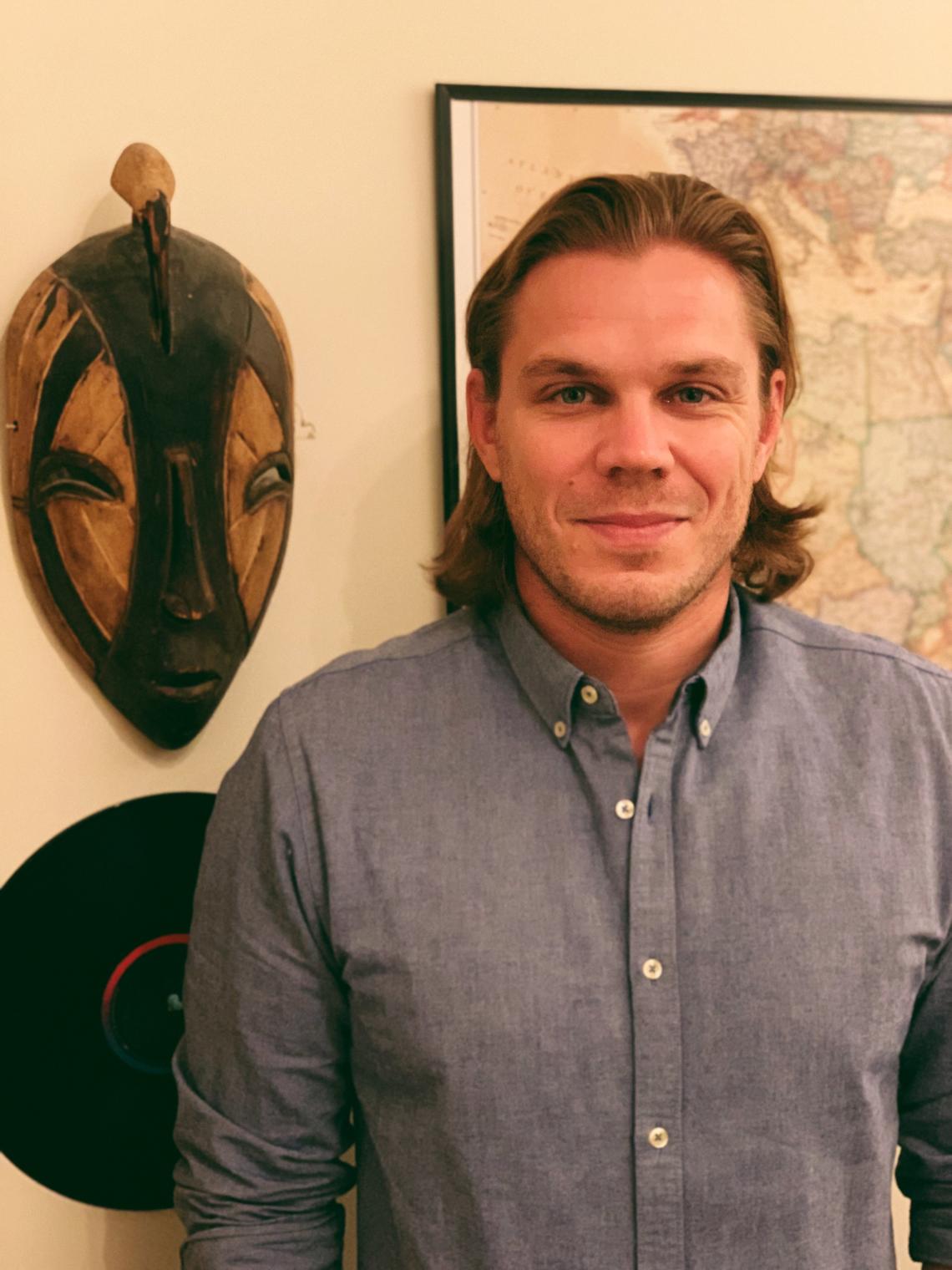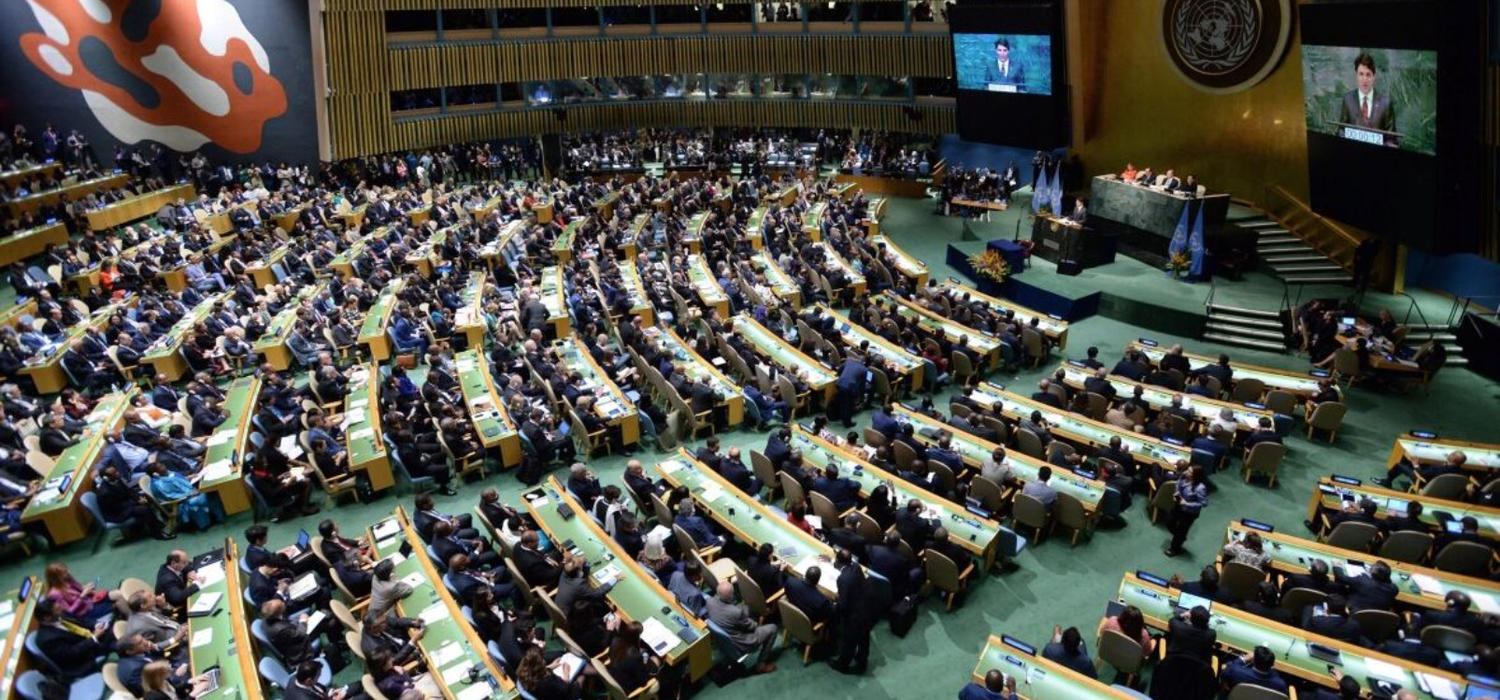
Oct. 22, 2021
What We Are Learning This Week with Sessional Instructor Mark Machacek

October 25, 2021 in POLI 487 International Organization
Mark Machacek is exploring the history, functioning and roles of the United Nations in global governance and how domestic and international politics have placed limits on global cooperation.
Can you tell us a little more about this topic?
The United Nations (UN) is at the very centre of international organization. Its various agencies and bodies play central roles in global governance. The UN Security Council, for example, leads the international peace and security system. The UN General Assembly is the global-wide international forum that debates and sets the international agenda on important issues such as climate change and global health. As an inter-governmental organization, the UN’s work has been constrained by domestic and international politics. In POLI 487 we consider, for example, the impact of isolationism and competing international interests on the UN’s ability to facilitate action.

What else do you cover in your course?
POLI 487 focuses on regional and world-wide patterns of international interactions, order and cooperation or, in other words, ‘international organization’. It focuses specifically on a number of inter-governmental organizations that play important roles in this process, including the North Atlantic Treaty Organization, the European Union, the World Trade Organization, the African Union and the Association of Southeast Asian Nations, to name a few. The course surveys what these organizations do, their histories and their organizational similarities and differences. Importantly, we interrogate the role of power and politics in the process of international organization and within inter-governmental organizations.
What do you love about teaching this course?
I love teaching this course because it offers some insight into the nature of anarchy — that is, the absence of a formal government. Internationally, there is no world government. Instead, there are individual countries, often with competing interests, that have formed (and imposed!) a level of international order, stability, and governance. Countries have even facilitated collective action - through international organizations - toward common concerns such as climate change and extreme poverty, albeit imperfectly. I find identifying how order is structured and how power and authority are institutionalized and practiced in this context to be incredibly fascinating.
Finally, what other courses would you recommend for students interested this topic?
Students interested in international organization can learn more about its legal dynamics in POLI 483 International Law. POLI 485 Global Political Economy offers important insight into the organization(s) of the global economy and POLI 402.6 Advanced Topics in Politics: China and World Politics considers China’s role in the international order. Finally, POLI 587 International Ethics deals with the moral norms and principles in the international system.
Our thanks to Mark Machacek for sharing your course with us !
Follow Machacek on Twitter @MarkistPolitics.
